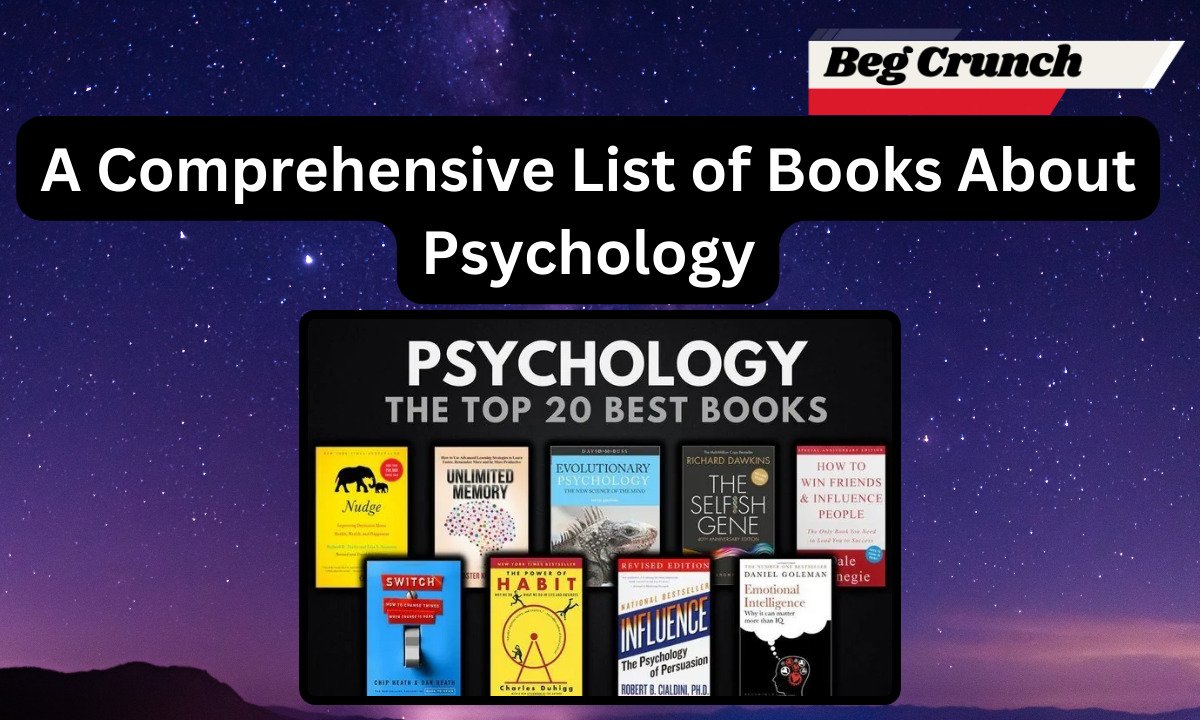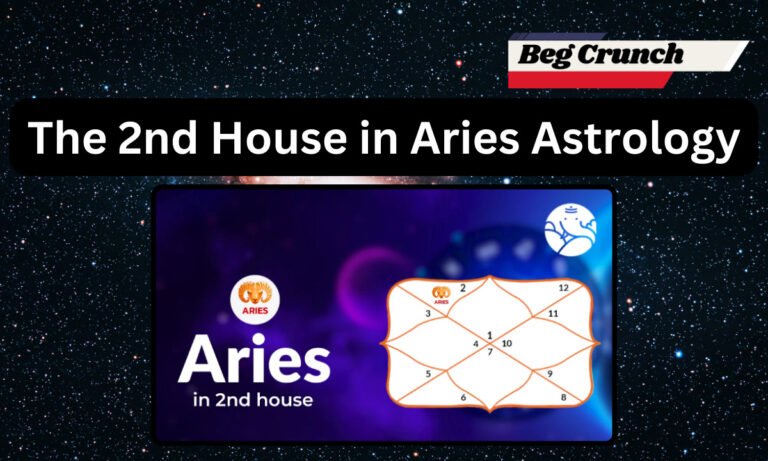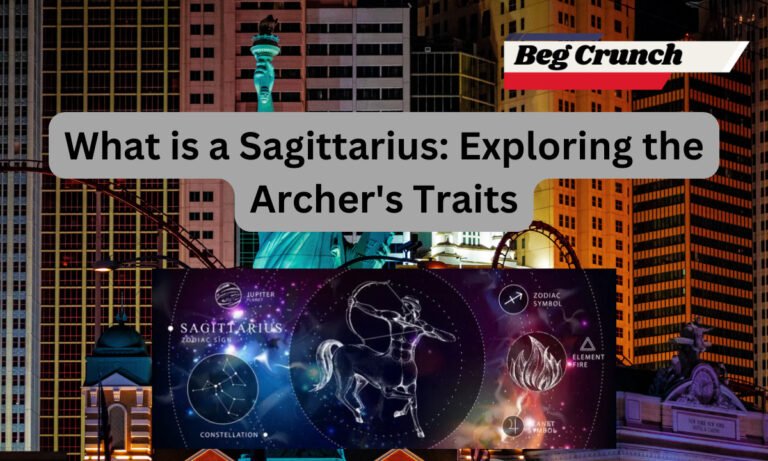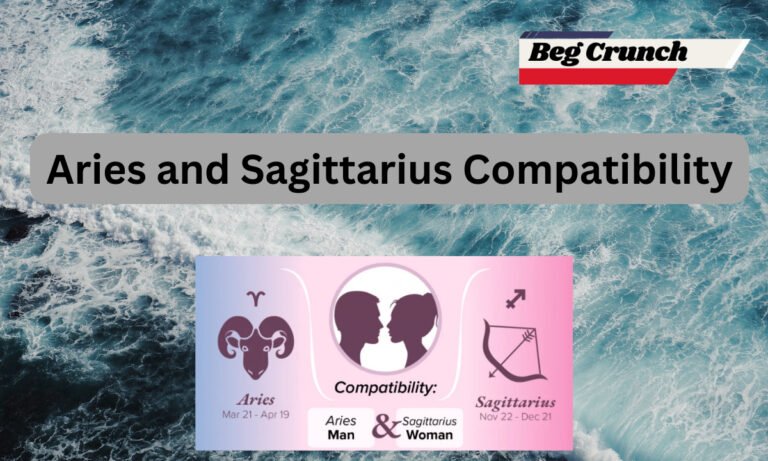Exploring the Human Mind: A Comprehensive List of Books About Psychology
Introduction
The realm of human psychology is a captivating field that continues to intrigue and mystify us. Understanding the intricacies of the human mind, behavior, and emotions is a journey that has led to the creation of numerous insightful books. Whether you’re a student of psychology, a mental health professional, or simply someone curious about the inner workings of the mind, this curated list of psychology books is sure to provide you with a wealth of knowledge and perspective.
The Essence of Psychology
- Man’s Search for Meaning” by Viktor E. Frankl:
In his profoundly poignant work, “Man’s Search for Meaning,” Viktor E. Frankl, a distinguished Holocaust survivor, and eminent psychiatrist, embarks on a profound exploration of human existence that transcends the confines of conventional literature.
Drawing from his own harrowing experiences in the crucible of concentration camps, Frankl unveils a narrative that resonates with the depths of human resilience and the unyielding quest for purpose even amid the most nightmarish adversity.
Through a masterful interweaving of personal observations and scholarly insights, Frankl probes the very essence of human nature. His enduring legacy emerges as an illumination of the human spirit’s ability to transcend suffering by uncovering meaning. The book serves as a testament to the indomitable power of the mind to navigate the abyss of despair, guiding readers toward the realization that life’s meaning is often cultivated through the crucible of suffering.
- “The Psychology Book: Big Ideas Simply Explained” by DK:
A magnum opus within the realm of psychological literature, “The Psychology Book: Big Ideas Simply Explained” by DK, a stalwart in the realm of visual learning, serves as an intellectual compass for traversing the intricate landscape of psychology.
This expansive home is a symphony of knowledge that orchestrates a comprehensive journey through the evolution of psychological thought, from its embryonic origins to the frontiers of contemporary research.
In a world where the threshold of understanding is often guarded by complex jargon and arcane theories, this book emerges as a beacon of enlightenment.
Effortlessly traversing topics spanning the annals of psychology, from Freudian psychoanalysis to cutting-edge cognitive science, it distills monumental ideas into digestible fragments that retain their intellectual potency. By elegantly elucidating key theories, experiments, and concepts, the book transforms psychology into an accessible tapestry of human cognition, behavior, and emotion.
Understanding the Mind
- “Thinking, Fast and Slow” by Daniel Kahneman
- Nobel laureate Daniel Kahneman takes readers on a journey through the two systems that drive human thought processes: the fast, intuitive system and the slower, deliberate system. This exploration of decision-making, biases, and reasoning provides valuable insights into human behavior.
- “Blink: The Power of Thinking Without Thinking” by Malcolm Gladwell
- Malcolm Gladwell examines the concept of rapid cognition, or the ability to make quick decisions based on limited information. Drawing from various psychological studies, Gladwell uncovers the factors that influence our snap judgments and their accuracy.
The Intricacies of Behavior
- “Influence: The Psychology of Persuasion” by Robert Cialdini
- Robert Cialdini outlines the six principles of persuasion that guide human behavior. Through real-world examples and psychological research, the book sheds light on how individuals can be influenced and how to make informed decisions in a world full of persuasive tactics.
- Dan Ariely’s book “Predictably Irrational: The Hidden Forces That Shape Our Decisions”
- Dan Ariely explores the irrational aspects of human decision-making, challenging the notion of Homo economicus—the rational individual often depicted in economic theories. Through engaging experiments and anecdotes, Ariely reveals the subtle biases that affect our choices.
Exploring Emotions and Relationships
- Daniel Goleman’s book “Emotional Intelligence: Why It Can Matter More Than IQ”
- Daniel Goleman introduces the concept of emotional intelligence and its impact on personal and professional success. The book highlights the importance of recognizing and managing emotions, both in ourselves and in our interactions with others.
- Gary Chapman’s book “The Five Love Languages: How to Express Heartfelt Commitment to Your Mate”
- According to Gary Chapman, there are five main methods for people to show and understand love: verbal affirmation, deeds of service, receiving gifts, spending quality time together, and physical touch. By understanding these love languages, individuals can strengthen their relationships and improve communication.
Unraveling the Brain and Behavior
- By V.S. Ramachandran, “The Tell-Tale Brain: A Neuroscientist’s Quest for What Makes Us Human”
- Neuroscientist V.S. Ramachandran explores various neurological disorders and conditions to uncover the secrets of human cognition and consciousness. Through a series of case studies, the book provides a fascinating glimpse into the relationship between the brain and behavior.
- “The Man Who Mistook His Wife for a Hat and Other Clinical Tales” by Oliver Sacks
- Oliver Sacks presents a collection of captivating clinical stories that highlight the mysteries and complexities of the human brain. Through these unique cases, Sacks offers insights into how neurological conditions can profoundly influence individuals’ perceptions and experiences.
(FAQs)
Q1: What are some recommended psychology books for beginners?
- A1: If you’re new to psychology, consider starting with “Psych 101: Psychology Facts, Basics, Statistics, Tests, and More!” by Paul Kleinman. It provides a beginner-friendly introduction to the field.
Q2: Are there any psychology books that explore the connection between psychology and everyday life?
- A2: Yes, “The Psychology of Everyday Things” by Don Norman delves into the psychology behind the design of everyday objects and how they impact our behavior and experiences.
Q3: Can you suggest psychology books that focus on the nature vs. nurture debate?
- A3: “Nature via Nurture: Genes, Experience, and What Makes Us Human” by Matt Ridley offers a comprehensive exploration of how genes and the environment interact to shape human behavior and traits.
Conclusion
The world of psychology is a vast and intricate landscape that offers profound insights into the human experience. These psychology books provide windows into the mind, behavior, emotions, and relationships that shape our lives. Whether you’re seeking to enhance your understanding of decision-making, explore the nuances of emotions, or gain insights into the brain’s mysteries, these books are a valuable resource on your journey of exploration and self-discovery. So, embark on this intellectual adventure, and allow these books to be your guides into the captivating world of psychology.







